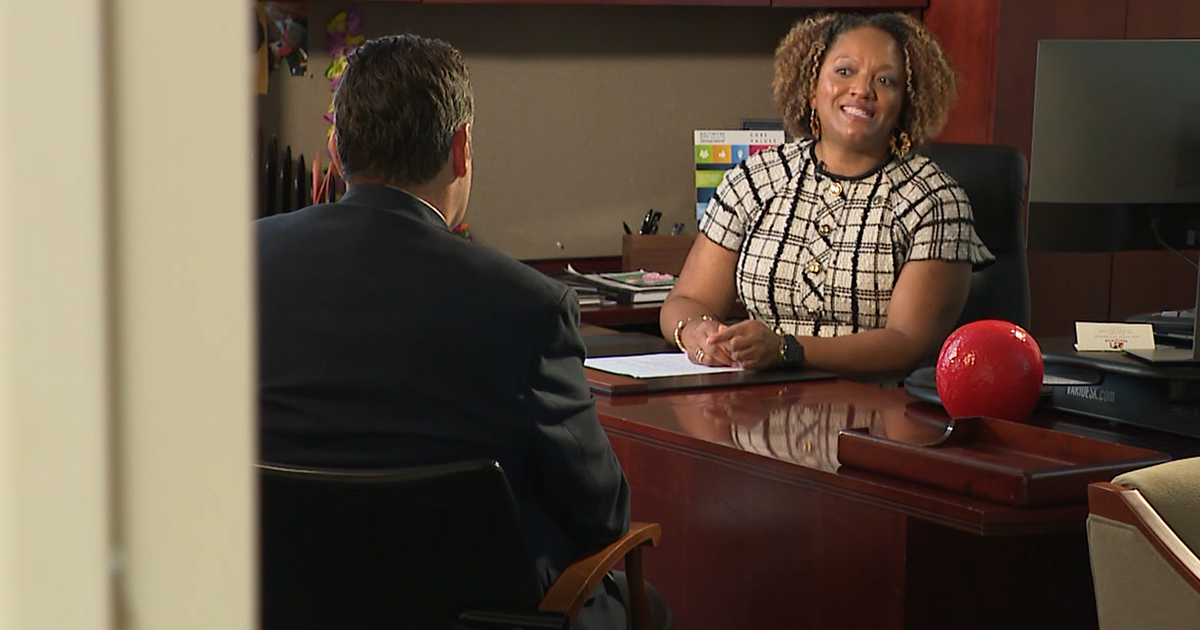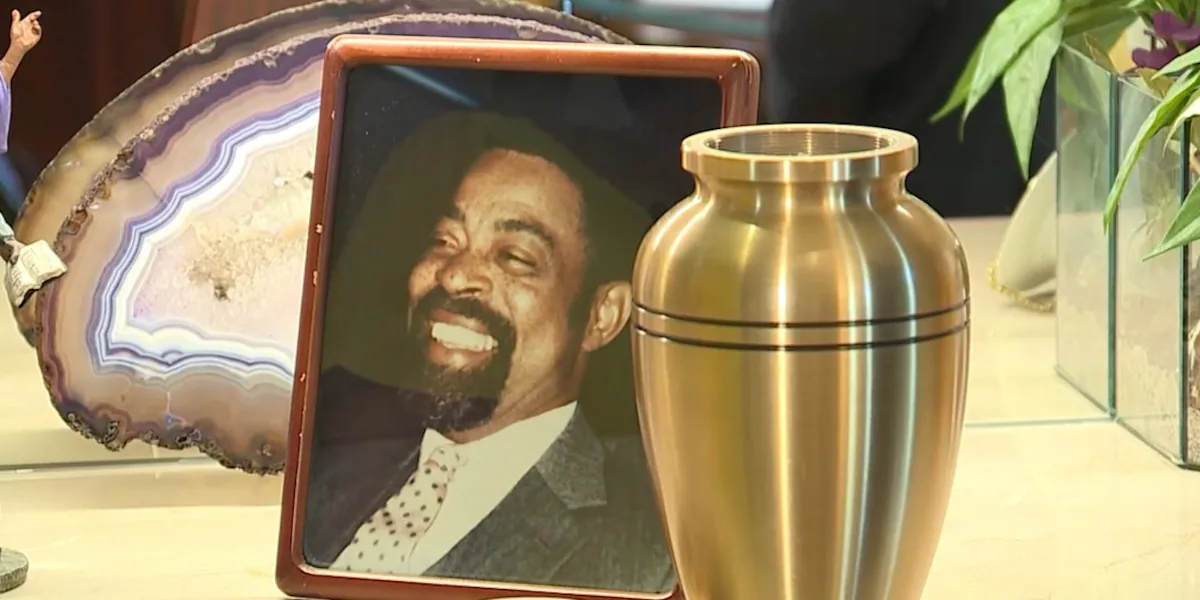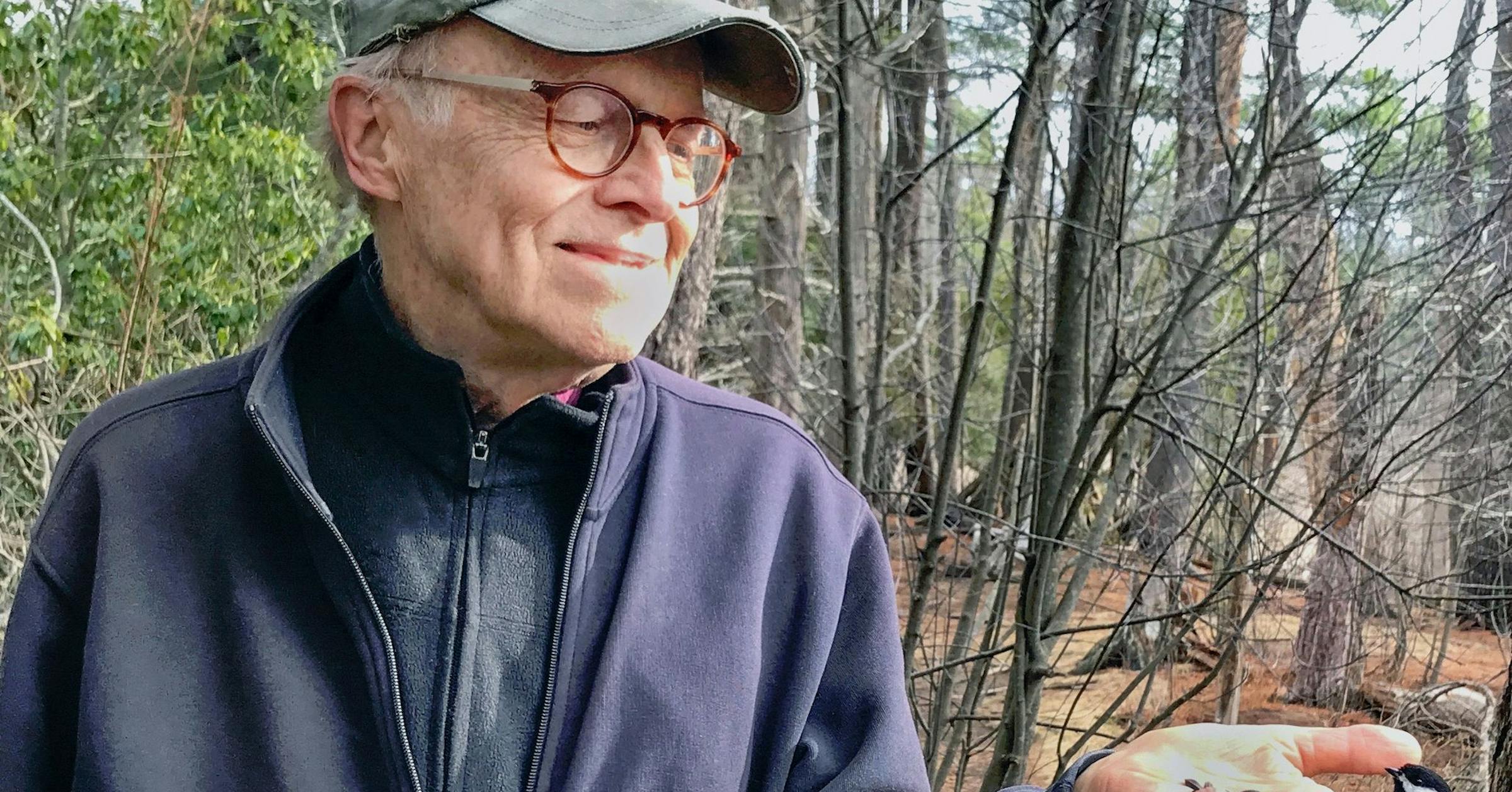
Dr. Michelle Taylor, Baltimore’s new health commissioner, has many challenges ahead, but sees promise in a city she knows well.
Mayor Brandon Scott officially swore her in on Monday, but Dr. Taylor has already been at work for several weeks after leading health efforts in Shelby County, Tennessee, which includes Memphis.
“We have a lot of people here dealing with chronic disease,” Dr. Taylor told WJZ. “We have a lot of people here dealing with substance abuse disorder, and of course, our overdose rate is entirely too high.”
Overdose crisis
The new commissioner wants to cut overdose deaths by 40% by 2040, a goal she believes is attainable.
“That goal was developed in conjunction with the mayor’s office, Baltimore City’s office of overdose response, and many, many community partners coming up with a needs assessment and really canvassing the community to find out what the community feels the needs around overdose deaths are, and then a strategic plan was developed,” Dr. Taylor said. “Baltimore has the means to address this issue, the motivation, the political will to address this issue, and the community support to address this issue.
Dr. Taylor said the July 10 mass overdose in Penn North that garnered national headlines “really shed a renewed light on the need to address this issue.”
Dr. Taylor also stressed that the health department is providing free naloxone and training to community groups to save lives.
Asked why overdose deaths have been persistently high in Baltimore, Dr. Taylor noted they are trending downward nationally and in the city.
“They’re still way too high, and I think that’s a combination of things,” Dr. Taylor said. “It has to do with the history of this place and the health that people are starting with. It has to do with the trauma that people have experienced over the years in any number of ways. It has to do with how resources are allocated toward different types of populations.”
According to Maryland’s health dashboard, Baltimore has seen 353 overdose deaths so far this year, which has fallen from 1,043 in all of 2023.
Tylenol and the FDA
WJZ asked Dr. Taylor to weigh in on the new FDA guidance under the Trump Administration against the use of acetaminophen, the active ingredient in Tylenol, by pregnant women because of a possible link to autism.
“The main thing to remind people of is that the science hasn’t changed,” Dr. Taylor said. “The data hasn’t changed, and just because you may have individuals say something that is outside of that, it doesn’t change the fact that medicines we know have been researched over years and years are safe to take during pregnancy.”
Dr. Taylor added, “Really, I think what we have to do is to continue to remind people that they know what the right thing is to do. I did a lot of this around COVID-19 vaccinations in Memphis. I would always remind people it’s not just about protecting your health, it’s about protecting your family and friends’ health, and it’s about protecting the health of the wider community.”
Modernizing clinics
The city also has a plan to modernize and repair older facilities.
An inspector general’s report highlighted air conditioning and rodent issues at a city-run West Baltimore clinic, which is relocating most services next month.
“We know that even that move is temporary,” Dr. Taylor said. “We’re already working on getting a permanent location where we’ll be able to move everybody and really provide quality services to the West Baltimore community.”
A survivor
Dr. Taylor, a breast cancer survivor, wants to address health inequities citywide.
“Community and outreach and education couldn’t be more important,” she said.
Dr. Taylor notes she knew how to advocate for herself, a critical skill she wants to instill in others.
“That’s what public health is all about—educating the population on how to advocate for themselves, but also the public health department is responsible for advocating for policies that actually make sense for people’s health,” she said.
In Tennessee, she held community care fairs, which she would like to start in Baltimore.
“Huge outreach events where we took every service that the health department provides, plopped it down in neighborhoods, and provided those services to people,” Dr. Taylor said. “It started out because we had a very high HIV rate right there, new HIV infections. We were number two in the nation in there, and so we went to the top 10 zip codes where we knew HIV rates were high, and we did status-neutral events where it wasn’t just about coming to get your HIV test. It was about coming to get all of those other resources.”
Dr. Taylor, a graduate of Johns Hopkins Bloomberg School of Health, said she wants to be “hands-on” and bring health services directly to the people.
“We never give the community nearly enough credit for how savvy they are, how much they understand, and being able to tell you exactly what they need in their neighborhoods,” Dr. Taylor said.



